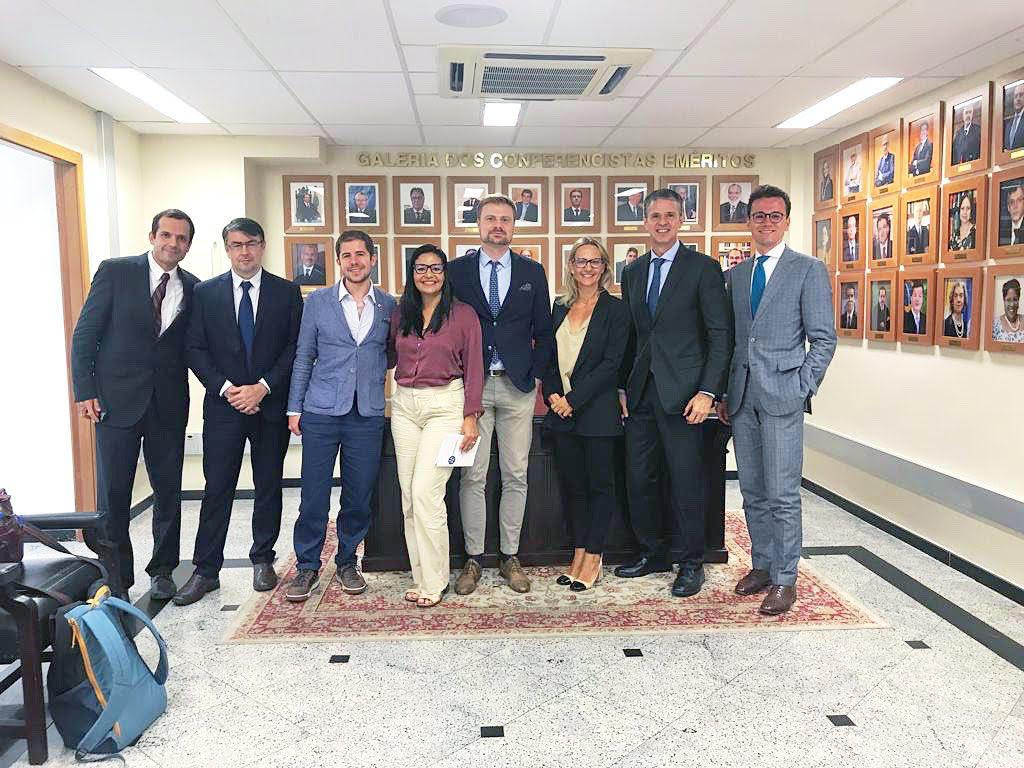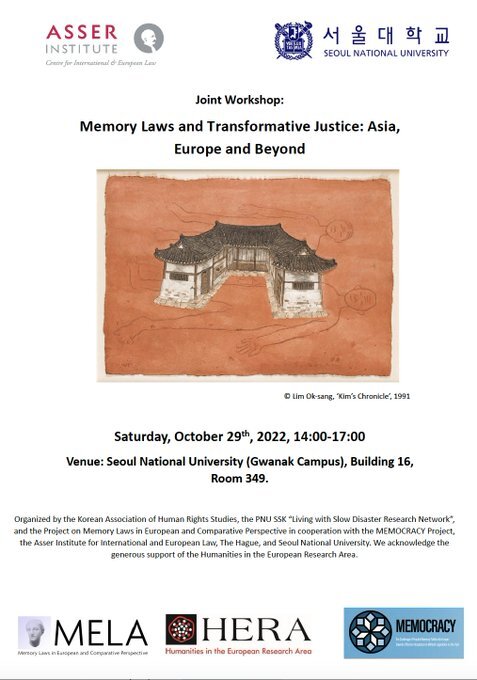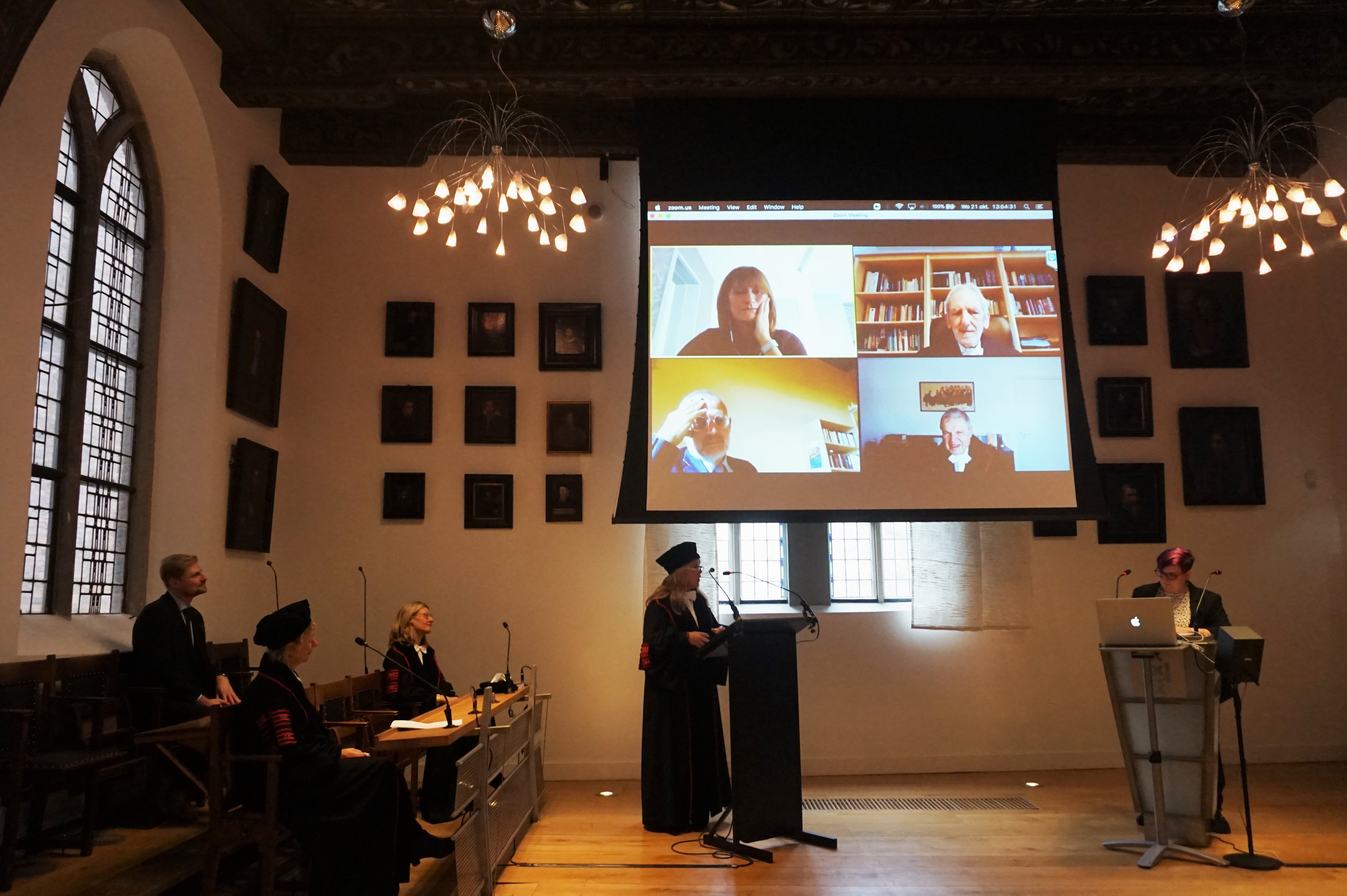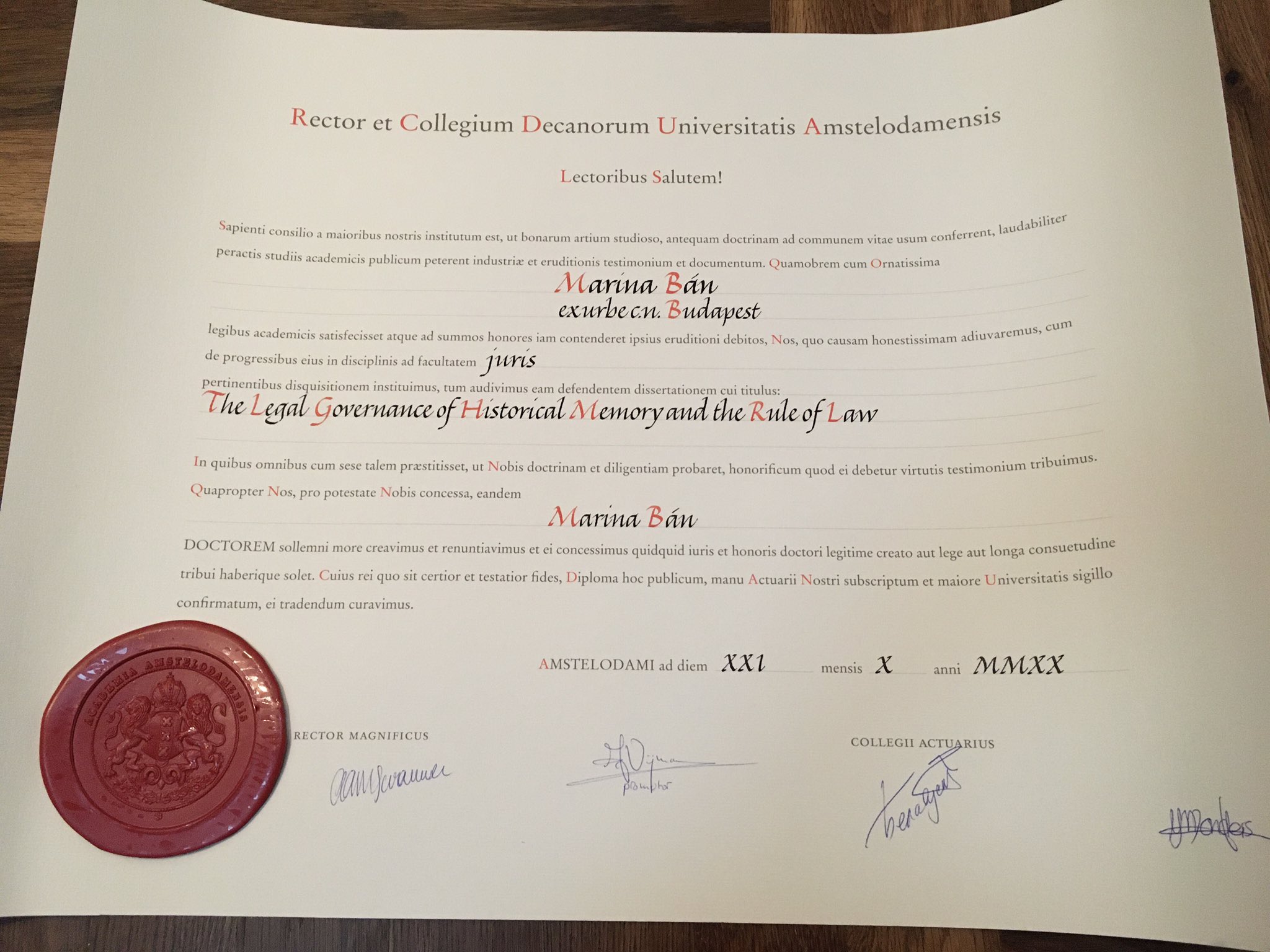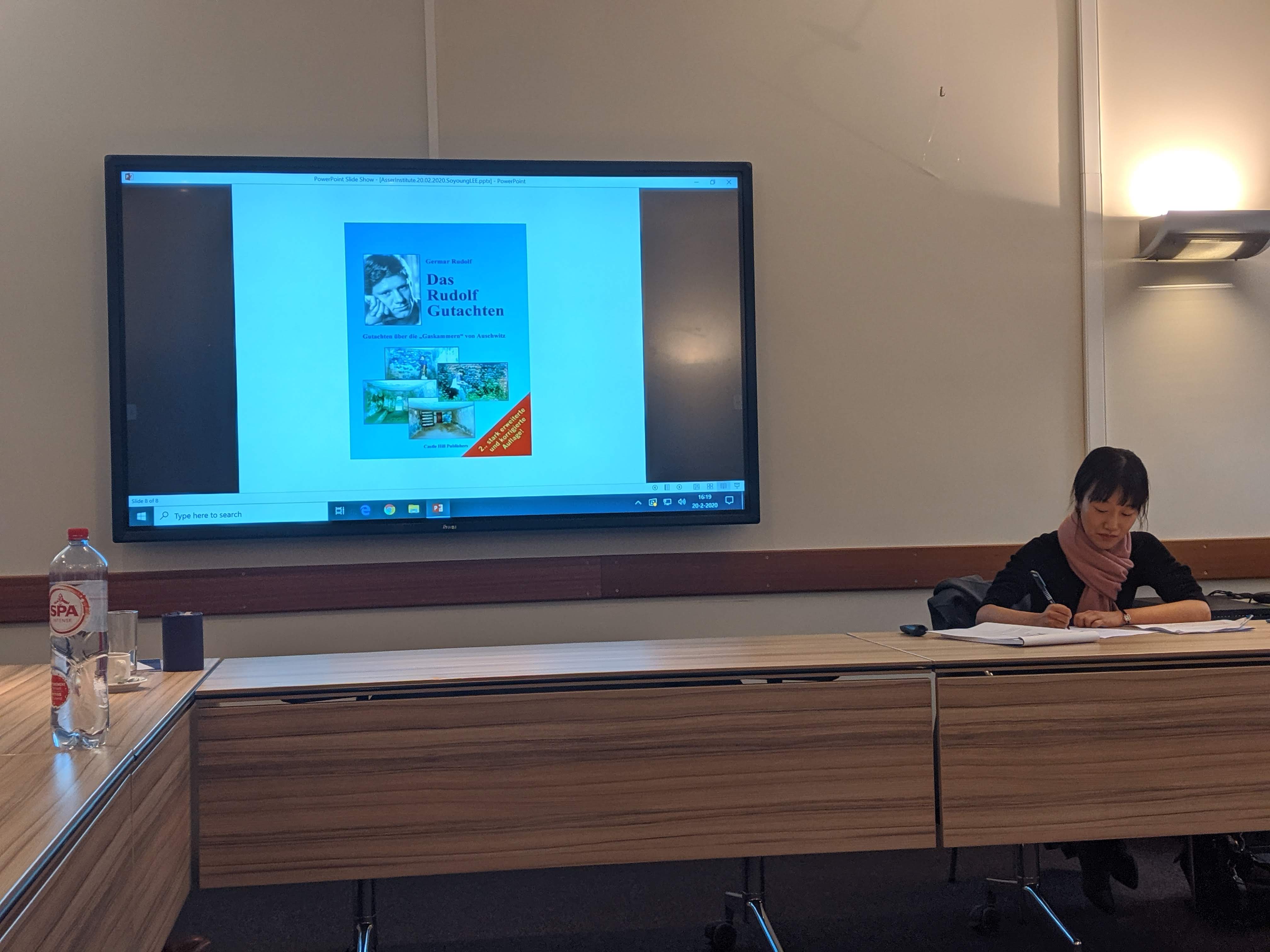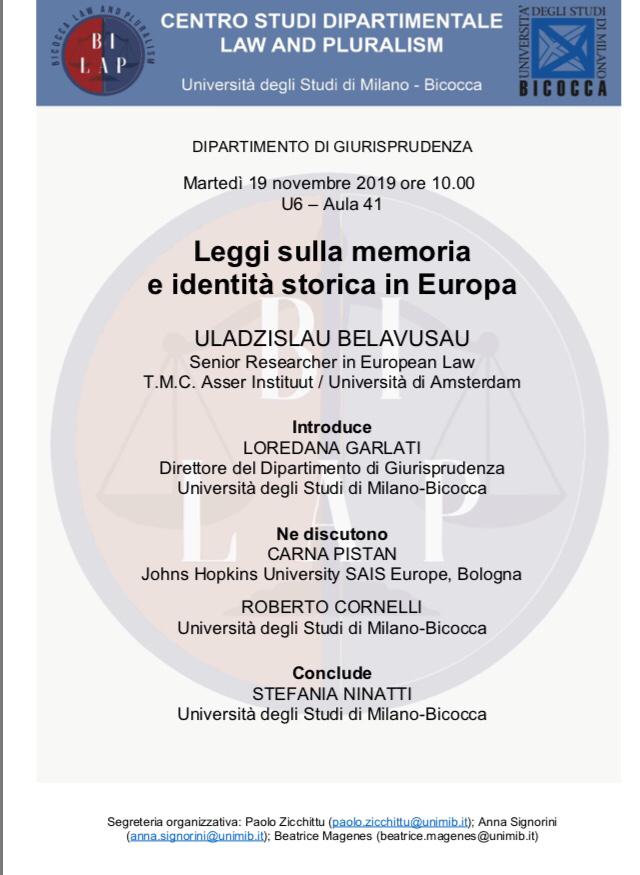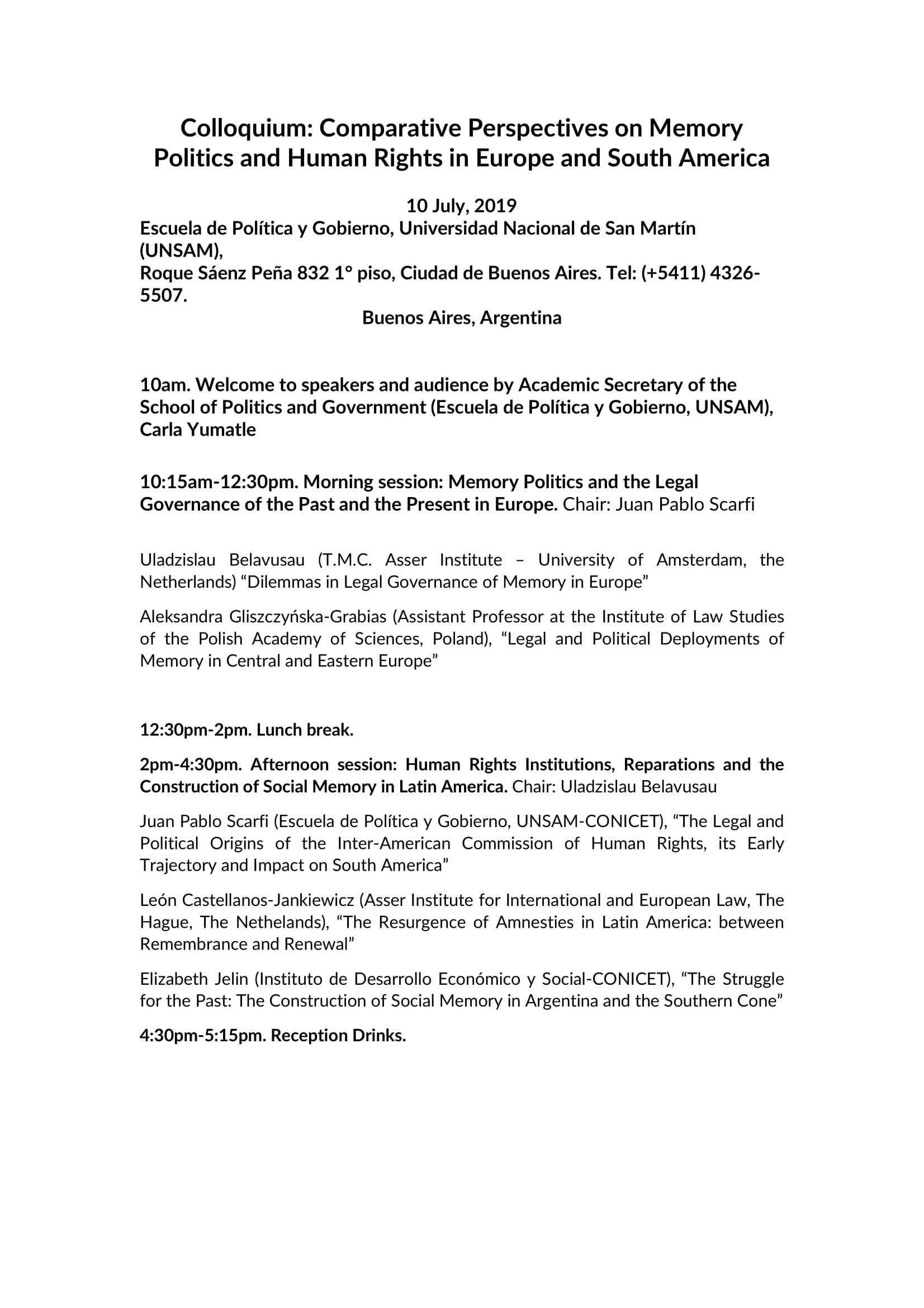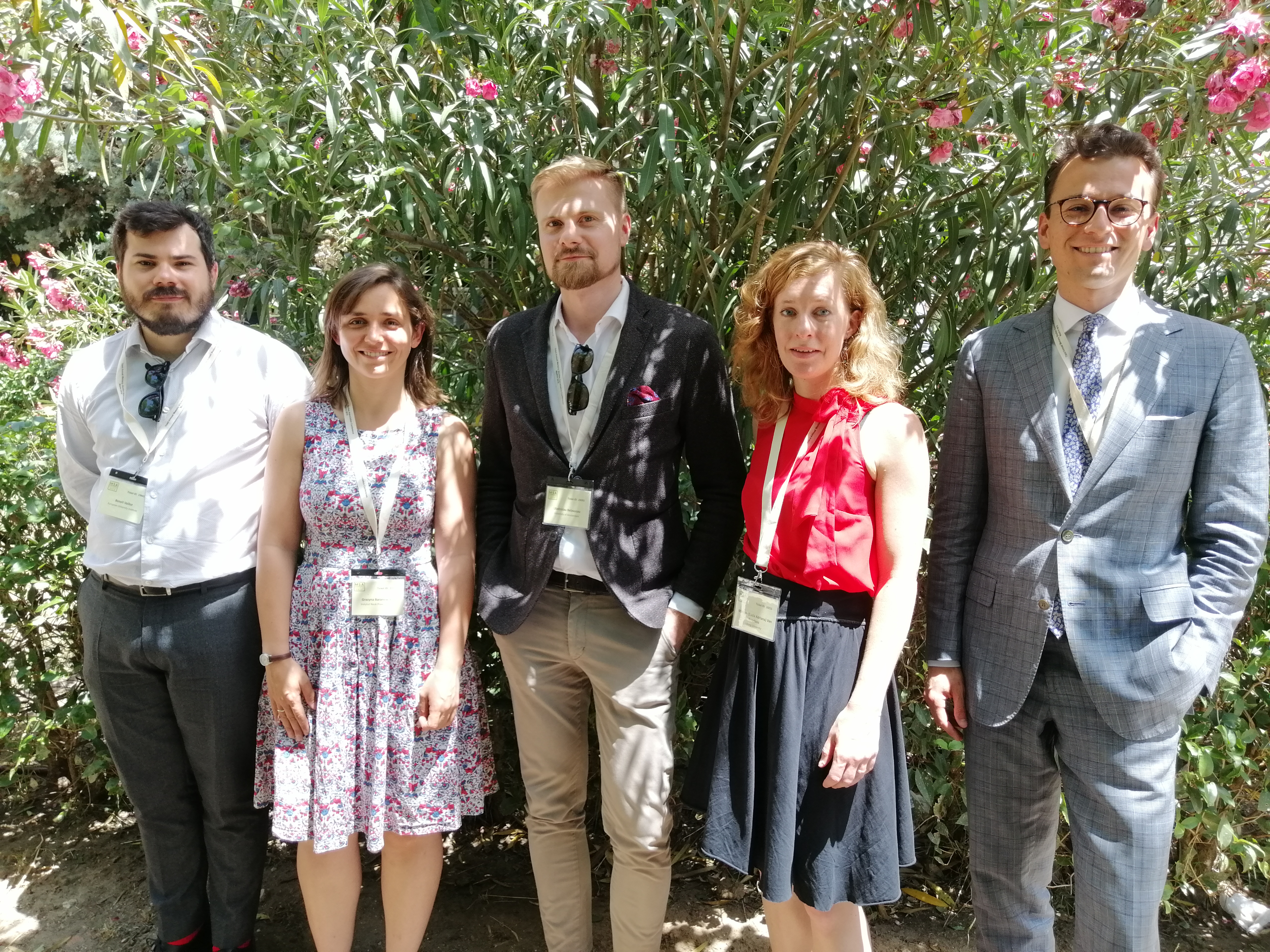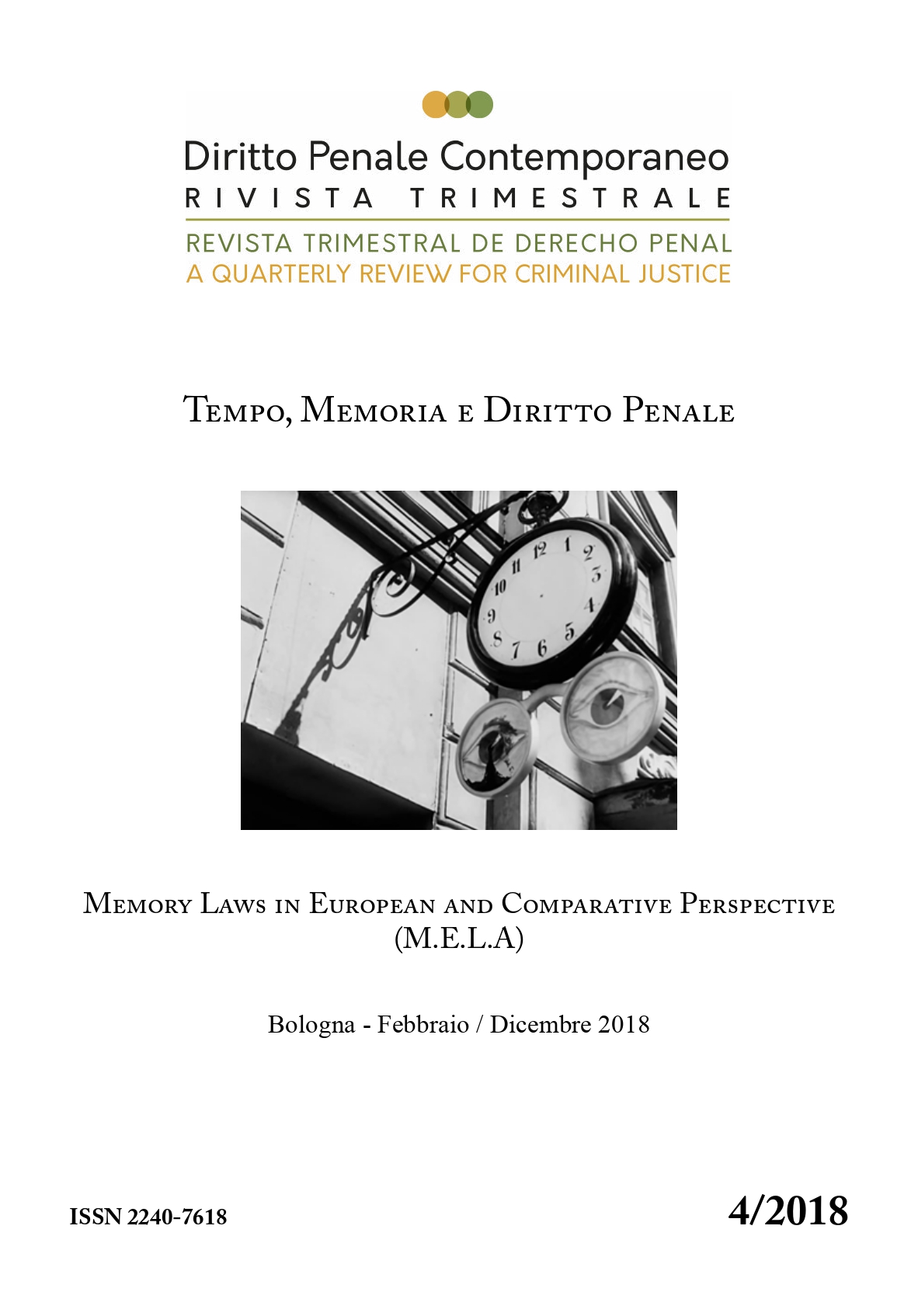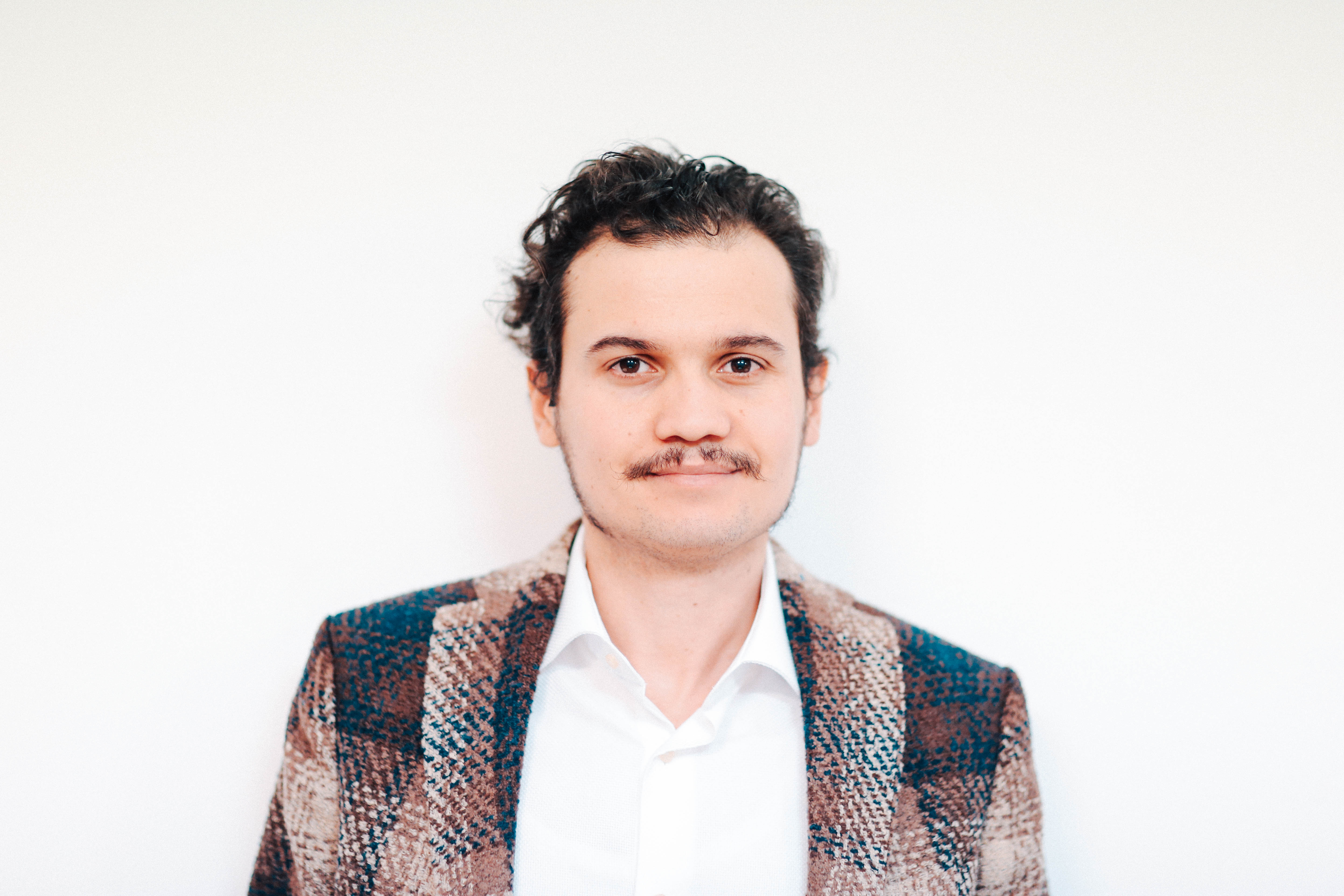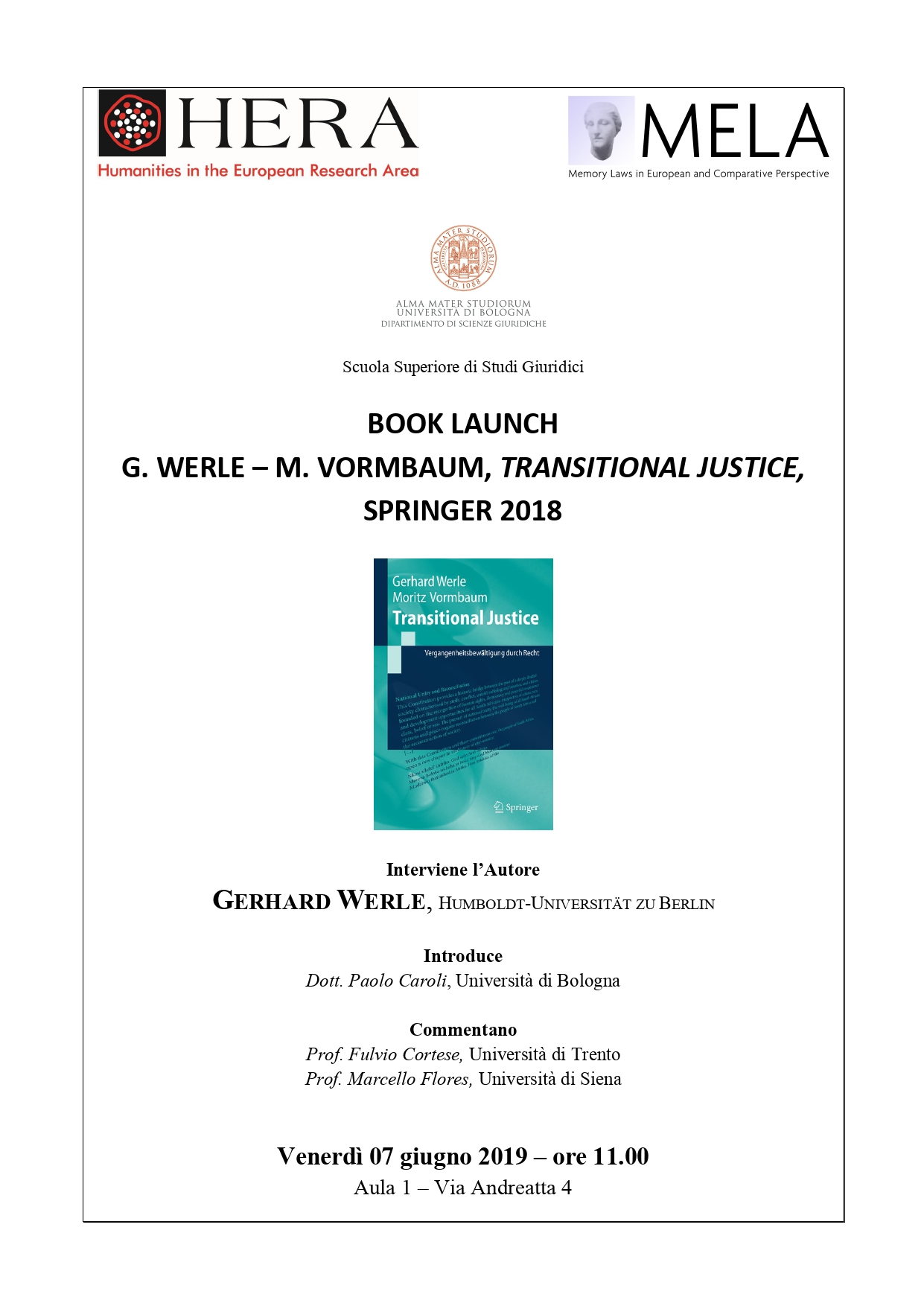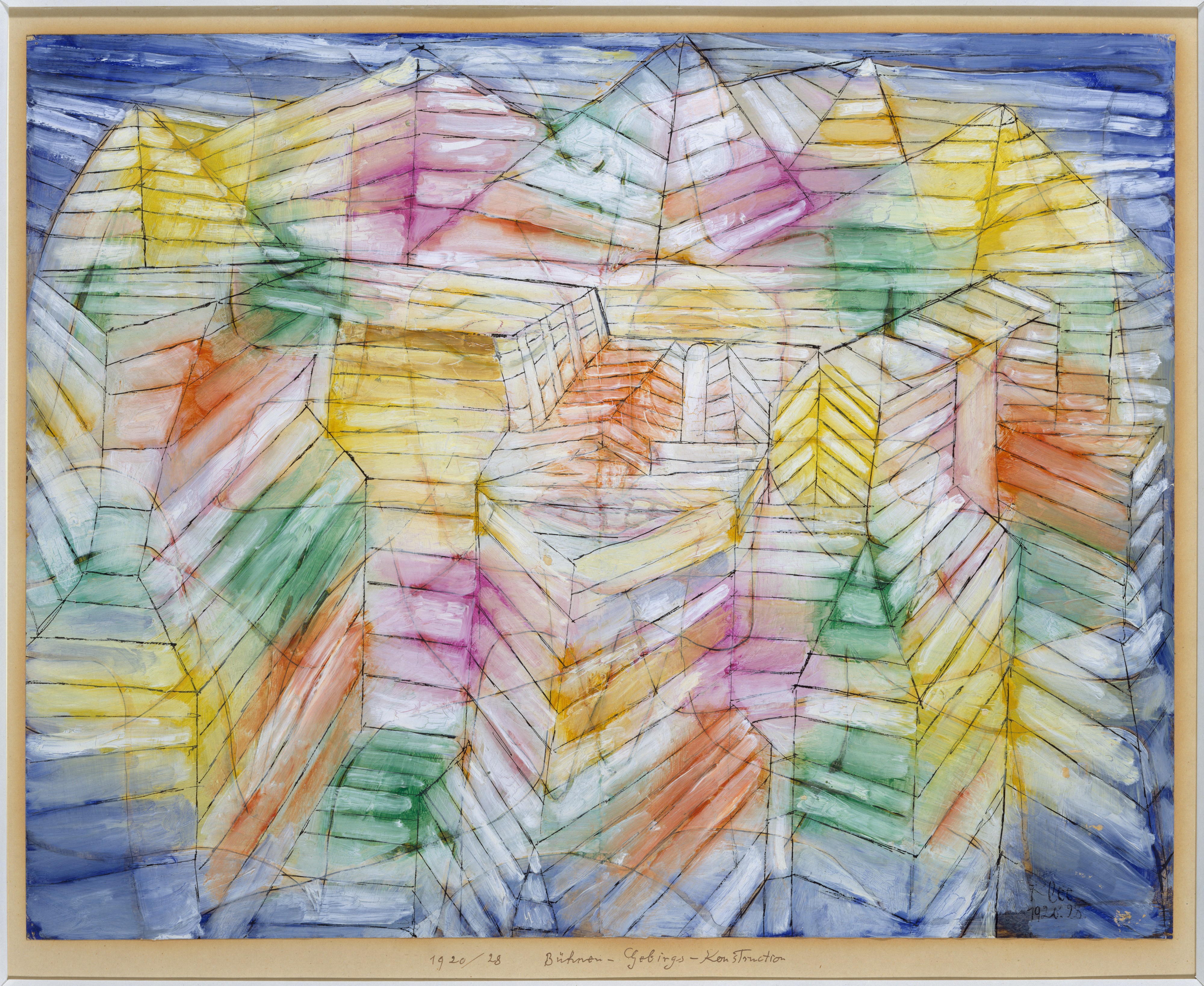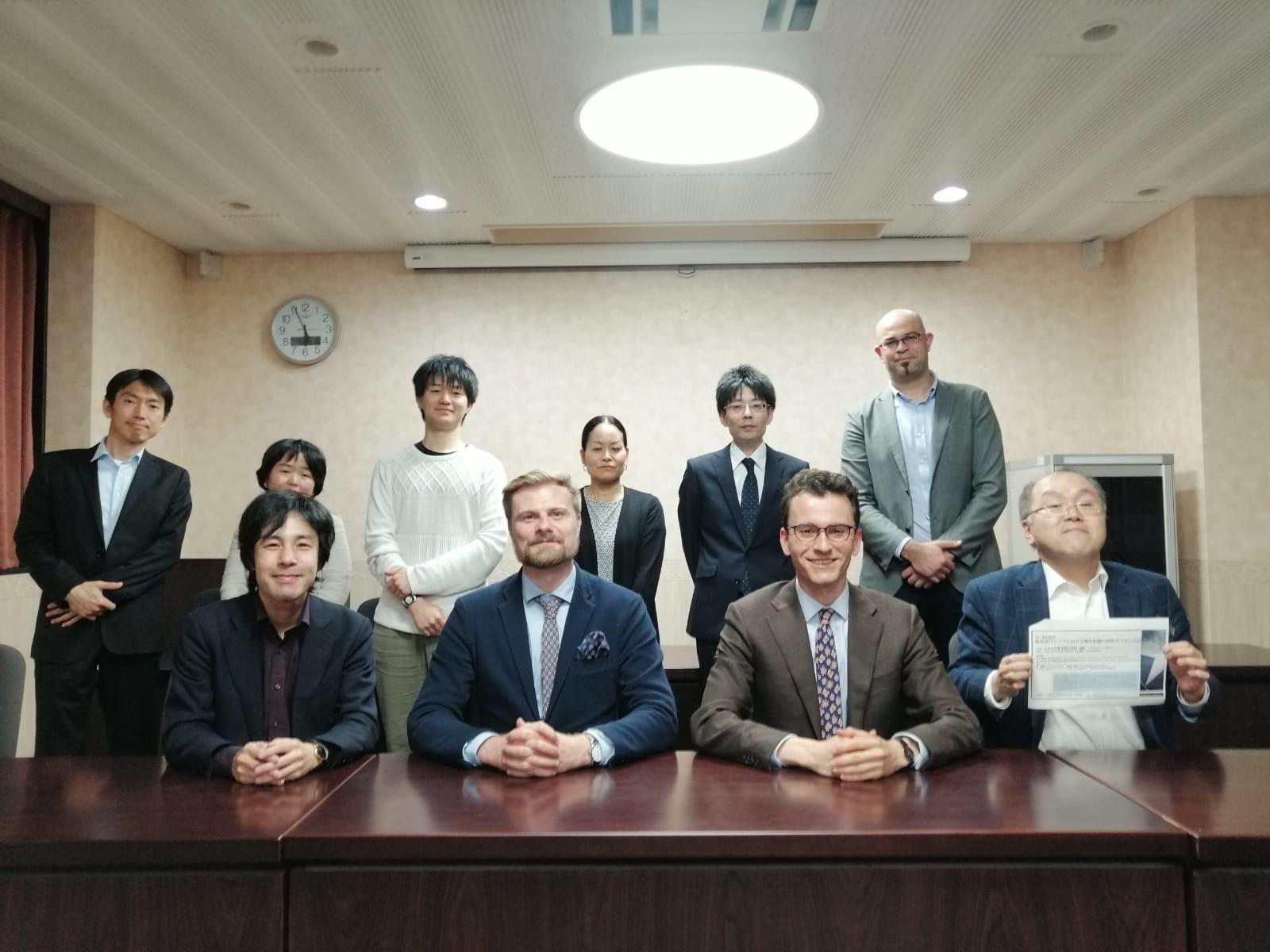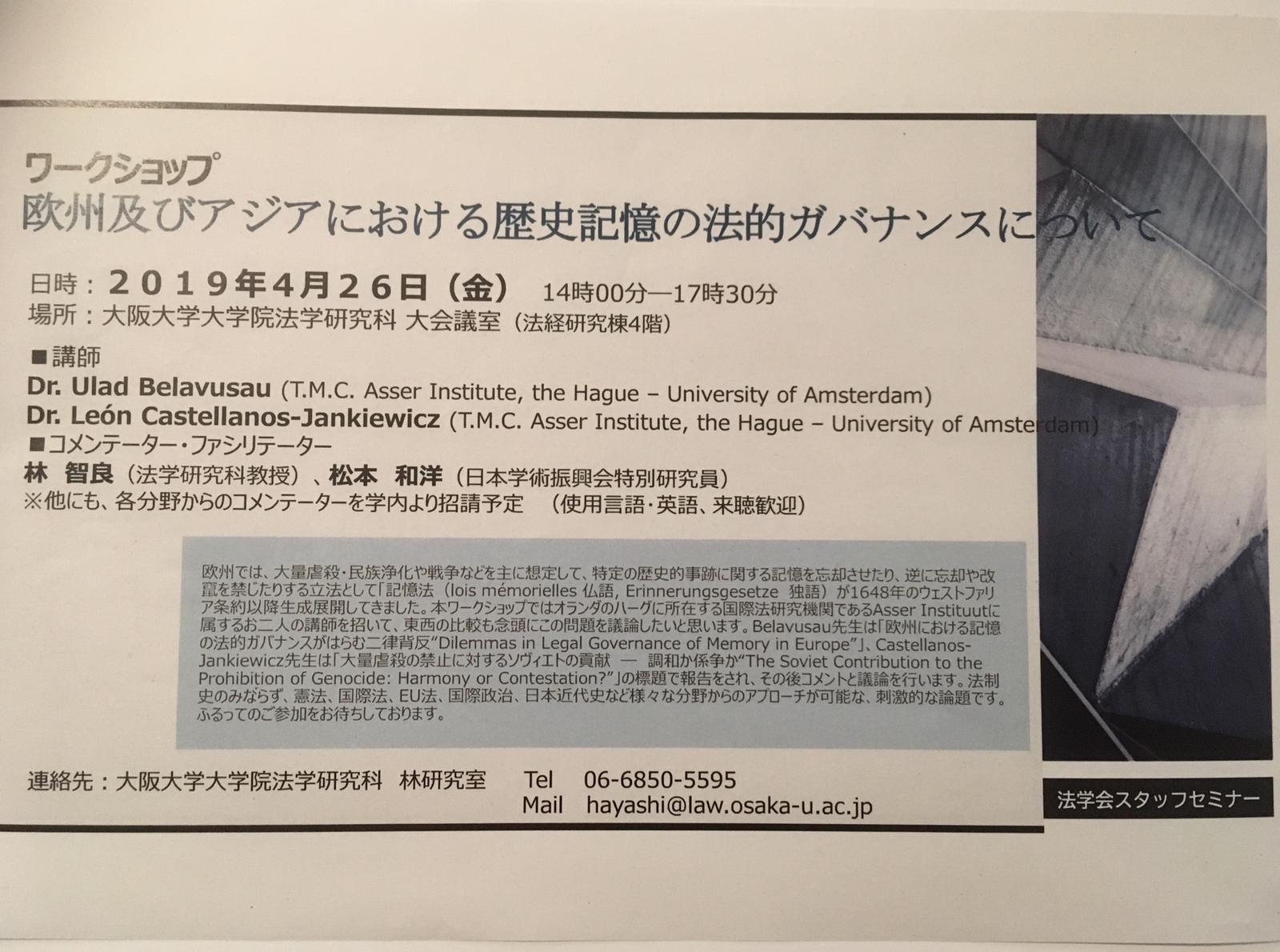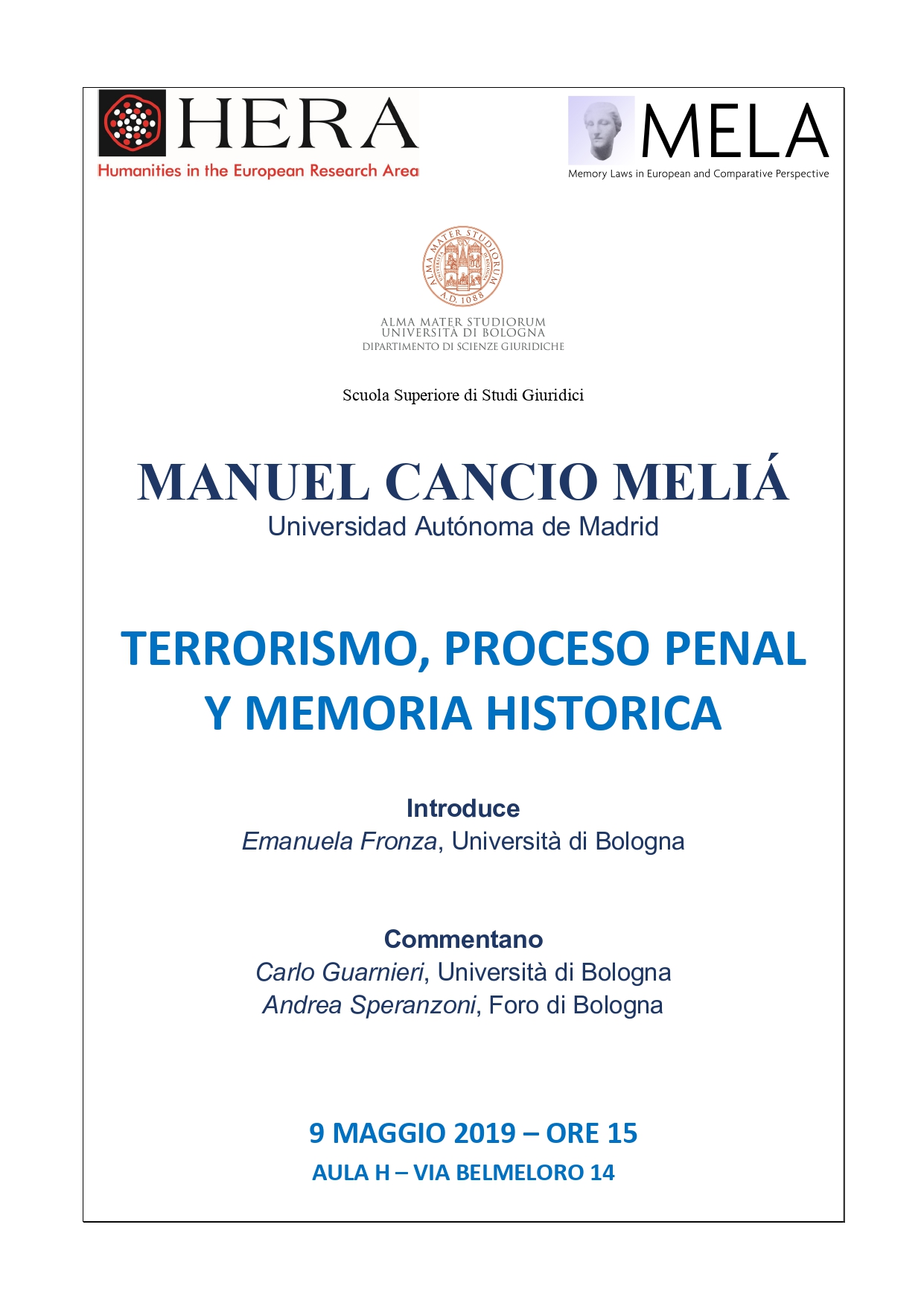Workshops on Memory Laws and Freedom of Speech in Rio De Janeiro
At the invitation of the School of Judges of the State of Rio de Janeiro (Escola da Magistratura de Estado do Rio de Janeiro) and the Public Prosecutors Office of the State of Rio de Janeiro (Procuradoria Geral de Estado do Rio de Janeiro), researchers from the MELA and MEMOCRACY projects – Dr. Uladzislau Belavusau (T.M.C. Asser Instituut – University of Amsterdam), Dr. León Castellanos-Jankiewicz (T.M.C. Asser Instituut – University of Amsterdam) and Mr. Mirosław Michał Sadowski (Polish Academy of Sciences) – took part in workshops entitled “Memory Laws and the Freedom of Expression: Europe, Latin America and Beyond” (Leis de Memória e Liberdade de Expressão: Europa, América Latina e Além) coordinated by André Gustavo Corrêa de Andrade (Judge and Professor at Estacio de Sá Law School).
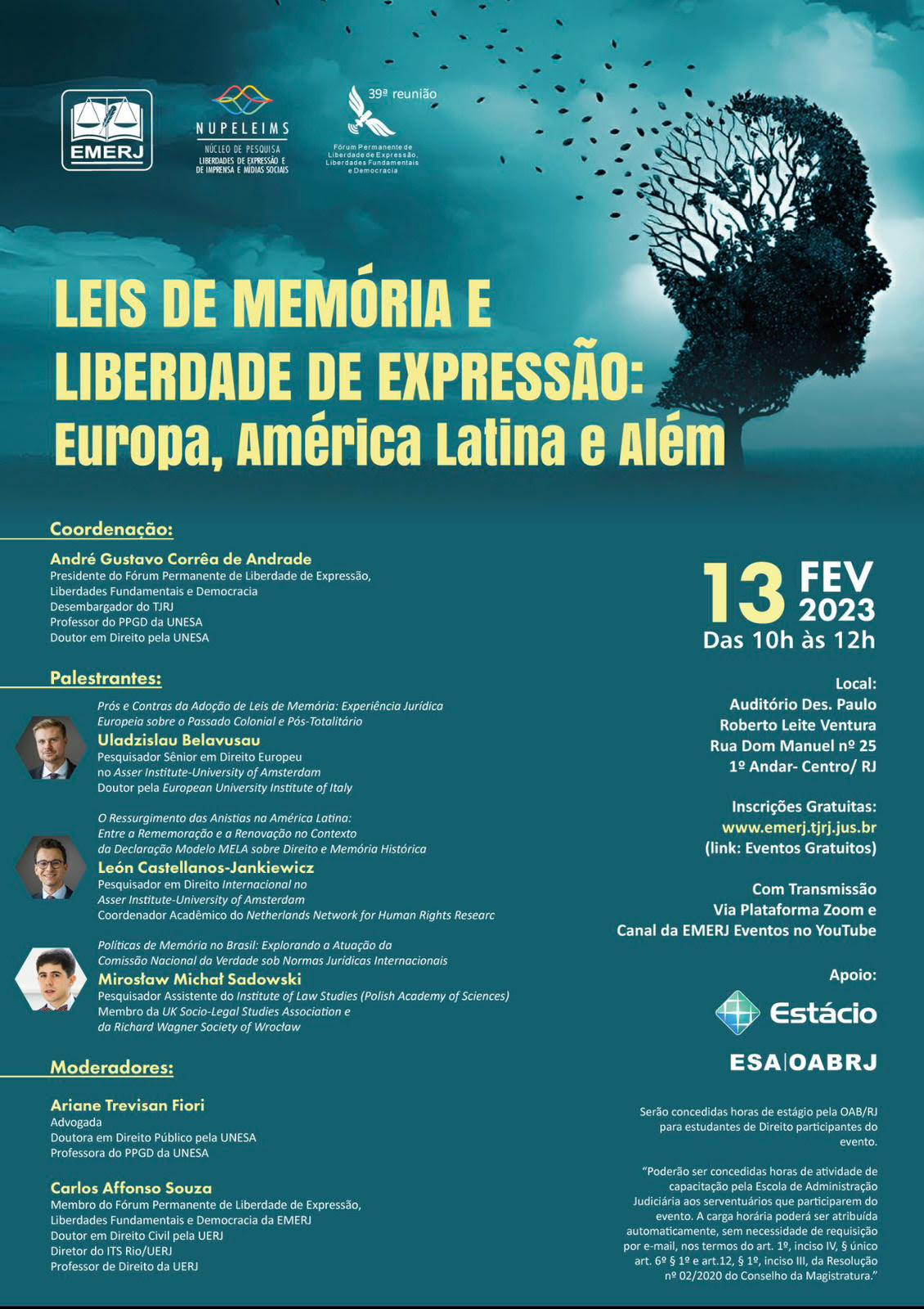
One of the emphasis of these workshops was the dissemination of the MELA project, and testing the relevance of the MELA Declaration to the important new context of South America. The three presentations analysed legal regulation of historical memory through the legal glass of its compatibility with freedom of speech, other fundamental rights, and issues topical both in Europe and Latin America. Dr. Belavusau presented on “Pros and Cons of the Adopting Memory Laws: The European Judicial Experience on the Colonial and Post-Totalitarian Past,” Dr. Castellanos-Jankiewicz’s presentation addressed “The Resurgence of Amnesties in Latin America: Between Remembrance and Renewal in the Context of the MELA Declaration on Law and Memory,” while Mr. Sadowski presented on “Memory Politics in Brazil: Exploring the Proceedings of the National Commission of Memory with regard to International Judicial Norms.”

The first workshop took place at the School of Judges (the event is available online here), with interventions from Prof. André Gustavo Corrêa de Andrade (Judge and Professor at Estacio de Sá Law School), Prof. Ariane Trevisian Fiori (Attorney and Professor at Estacio de Sá Law School) and Prof. Carlos Affonso Souza (Professor at UERJ), and was well-attended both in person and online. The second workshop was hosted by the Research Centre of PGE-RJ (Prosecutors Office of the State of Rio de Janeiro), and took place in the historical Convento do Carmo, featuring opening remarks by the General Prosecutor Bruno Dubeux and moderation by André Gustavo Corrêa de Andrade (Judge and Professor at UNESA). The event welcomed a packed, full-house of participants interested in mnemonic studies and freedom of speech.
The workshops and post-event discussions further provided opportunity for the researchers to consolidate bridge-building between practitioners of memory laws in Europe and South America, and allowed for various proposals of future collaboration to be put forward. The workshops crystallised South America as an important region for emerging memory studies, and these events highlighted the need for both regions to continue exchanging experiences and best practices to advance historical and social debates in their respective societies.
